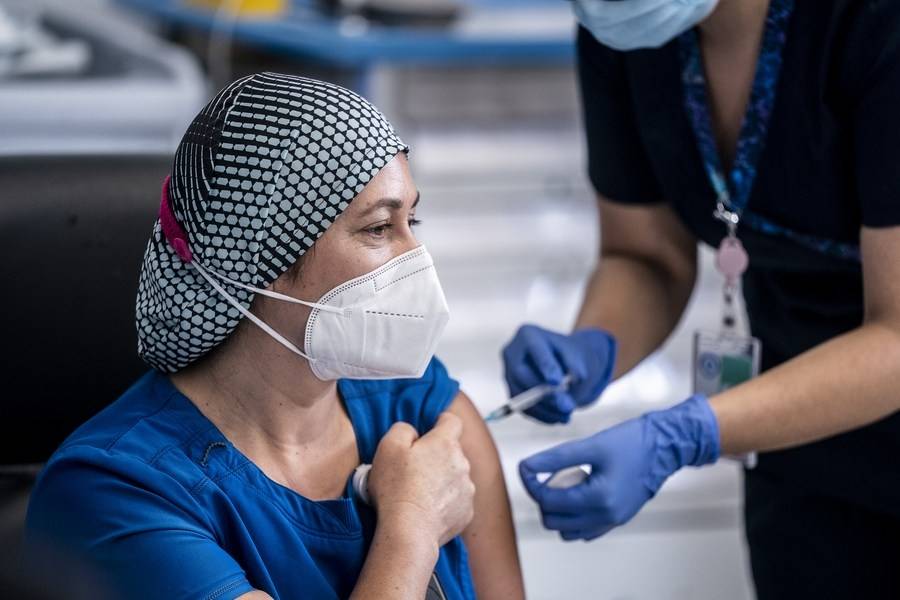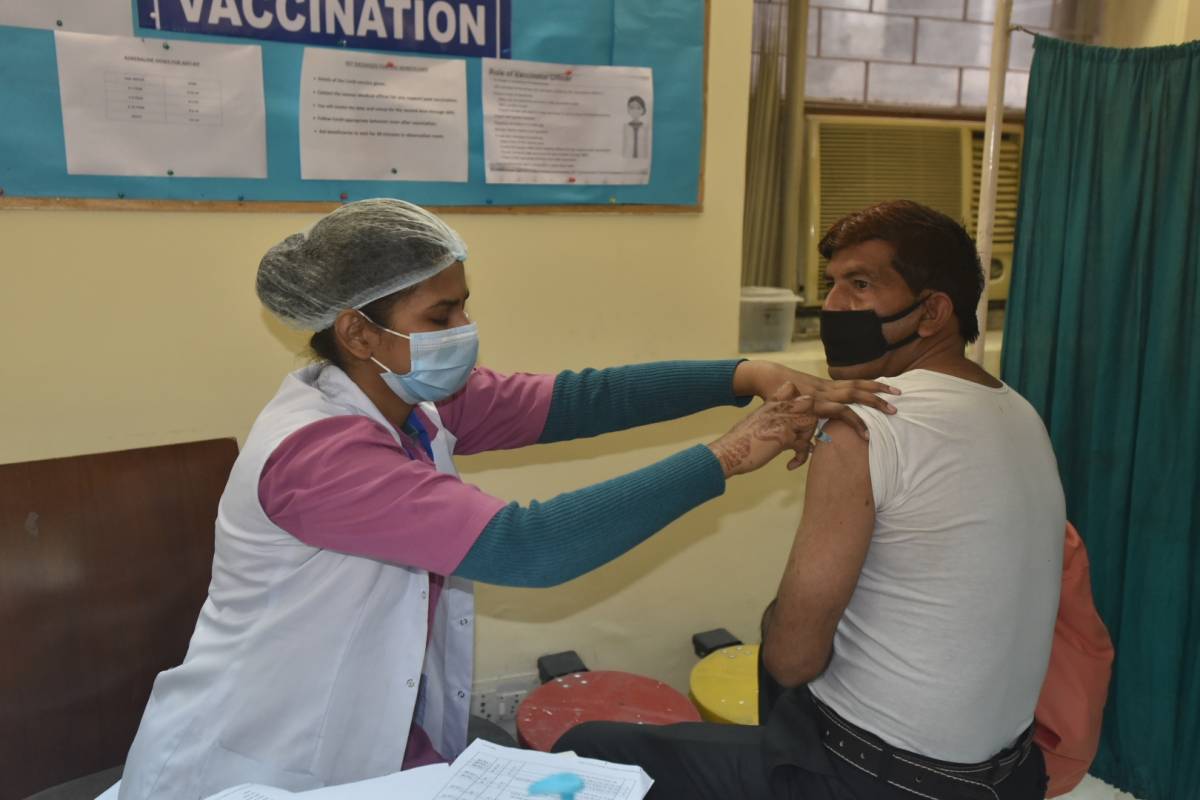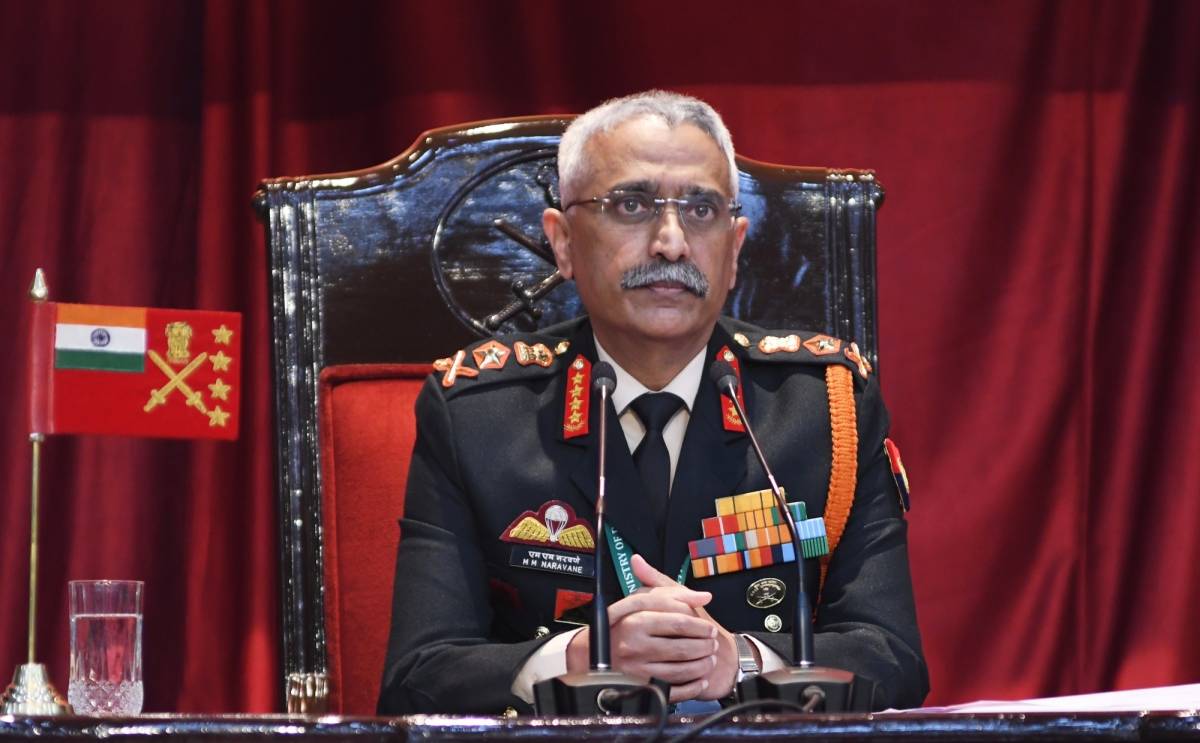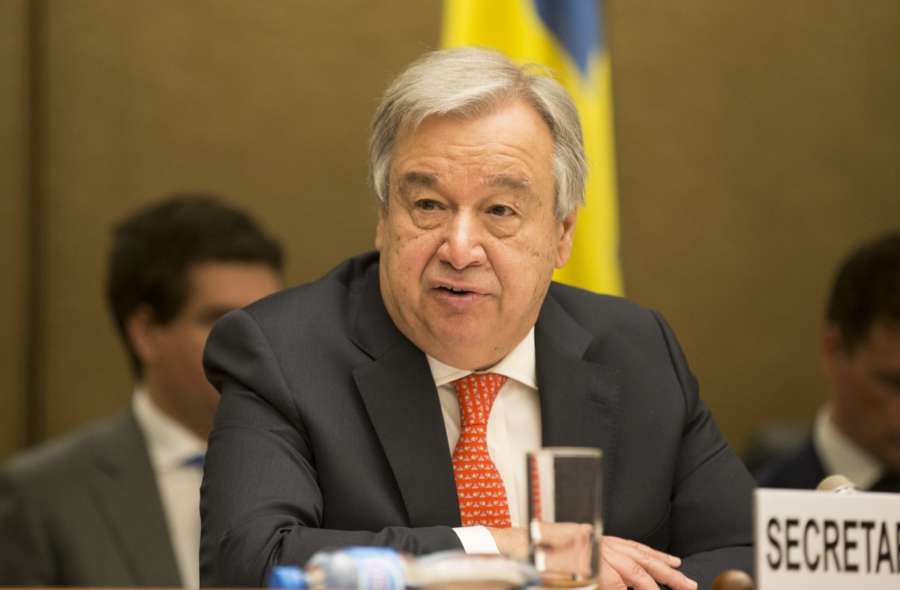Post Covid health issues should be given more attention as new variants are emerging globally…reports Asian Lite News
World Health Organization (WHO) Regional Director for Europe Hans Kluge voiced concerns over “long-Covid” or “post-Covid” symptoms at a virtual press conference on Thursday.
“The disability following SARS-CoV-2 infection lingers on for months with severe social, economic, health and occupational consequences,” said Kluge, who identified the issue as “a clear priority for WHO, and of the utmost importance.”
According to Kluge, a total of 38 million infection cases had been registered in the European Region since the pandemic began, and “one in ten Covid-19 sufferers remain unwell after 12 weeks, and many for much longer”.

“Yet stories of those who should have ‘recovered’, but whose lives were still affected by debilitating symptoms soon emerged. Regrettably, some were met with disbelief or lack of understanding,” said Kluge.
Professor Martin McKee, from the London School of Hygiene and Tropical Medicine, also speaking at the press conference, provided further insight into “post-Covid” symptoms.
Varying combination
McKee described them as “a varying combination of overlapping symptoms, including chest and muscle pain, fatigue, shortness of breath, and what patients describe as brain fog.”
“Although many viral infections are self-limiting, making people feel unwell for only a few days before clearing up, others cause long-term problems. Early on, we realized that this new coronavirus was not just causing pneumonia. In some patients it was attacking many different body systems, such as the heart and blood vessels, the brain, and the kidneys,” said McKee.
In response to the prevalence of the lingering after-effects of Covid-19, Kluge acknowledged that the WHO had earlier in the month “hosted a consultation on post-Covid-19 conditions, focusing on recognition, research and rehabilitation.”
In addition, Kluge also confirmed that WHO Europe would soon be convening a conference with the chief medical officers of all 53 countries in the European Region to set out a regional strategy to tackle the issue.
“As we learn more, we need to make sure patients who have had suspected or confirmed Covid-19, who have persistent — new or changing symptoms — should have access to follow-up care. This is where primary health-care has a particularly strong role to play,” said Kluge.
The regional director further emphasised the need for the region’s medical authorities to seriously “listen and understand” the sufferers of post-Covid conditions, if they intended to tackle it successfully.
“I am calling upon you, countries and institutions in the European Region, to come together as part of an integrated research agenda, using harmonised data collection tools and study protocols. This will be key to maximize the impact of treatment and improve long-term outcomes for patients,” said Kluge.
Also read:WHO backs AstraZeneca vaccine use amid concerns









